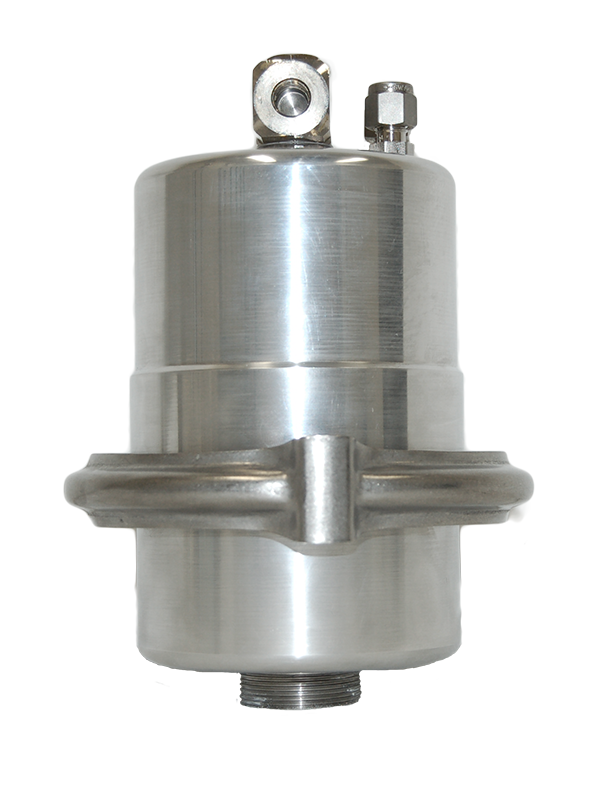Microlith® Fuel Processor and Fuel Reformer Systems
We put the fuel in fuel cells®
Precision Combustion Inc. is developing integrated fuel processor systems to enable fuel cells to operate using a wide range of available fuels ranging from gases (e.g. methane and propane) to conventional liquid fuels (diesel, gasoline and military logistics fuels including JP-8, JP-5, and Jet A) to alternative and unconventional liquid fuels such as biofuels and waste hydrocarbons recovered from industrial processes (e.g. paint solvents). PCI is developing a range of reactors for its fuel processor systems and the fuel cell industry which have been tested in prototype integrations with fuel cell stacks. These include catalytic reforming reactors (e.g. autothermal reforming reactors, partial oxidation reforming reactors, methane reforming, and diesel steam reforming reactors), water gas shift reactors, selective CO preferential oxidation reactors (PROX), desulfurizers, and anode gas burners. PCI is also developing balance of plant (BOP) components for its integrated fuel processors. These include pumps, blowers, heat exchangers, steam generators, condensers, injectors, igniters, and controls.

PCI'sMicrolith catalytic reactorsprovide unique technology advantages for fuel processors and their components. Microlith reactors contained in these components are short-contact-time substrates with high mass and heat transfer rates between the bulk gas and catalyst surfaces. This enables unusually high space velocity in mass-transfer-limited operation, and offers the potential for higher selectivity and lower required loadings of precious metal catalysts. As a result, these reactors tend to be ultra-compact, lightweight, highly efficient and have rapid transient response. PCI also develops and produces catalysts and coatings in-house, via proprietary methods. These are accomplished by automated, semi-continuous production processes, suitable for large volume manufacture, with appropriate QA/QC. The mechanical and performance durability of these catalysts and coatings have been confirmed via long-term vibration and performance testing. Key novelties of these catalysts include unusually high sulfur tolerance, high selectivity to desired products, and ability to avoid coke formation in a compact and lightweight package.
PCI is working with a range of governmental and industrial customers to develop its Microlith® fuel processors and components for use in fuel cell systems and other engine and industrial applications. Governmental support includes substantive support from the Department of Defense, National Science Foundation, and Department of Energy directed to develop our Compact Logistics Fuel Processor system for reformation of conventional and logistics fuels for fuel cell applications. The Army awarded PCI its coveted Army SBIR Achievement Award for its fuel reformer work leading to subsequent projects for tactical generator and soldier portable power, and the Navy has made our work a key component of their shipboard fuel cell system program and for tactical gensets, UAV, and UUV fuel cell systems. We are using this technology to work with a variety of industrial customers and alliance partners to enable their systems to operate with conventional (and non-conventional) fuels, and thereby to reach new market opportunities.
Performance Benefits
- 80-85% Reforming efficiency (LHV basis)
- Projected catalyst lifetimes of thousands of hours
- Operation at low S:C ratio for reduced water needs
- No observed coke formation
- Sulfur tolerant catalyst (up to 3,000 ppm sulfur in liquid fuels)
- Sulfur cleanup from reformate to <1 ppm.
- Pumps, blowers, and controls packaged separately (with low parasitic power)
- Turn down of 5:1 demonstrated
- Start-up to steady state in about <10 minutes; Transient response <2 seconds
- Cold start capability demonstrated at -40C
- High Power Density
- Acoustic Signature less than 50dBA @ 1 meter
- Thermally balanced reformer with integrated steam generator
PCI's Fuel Processors
